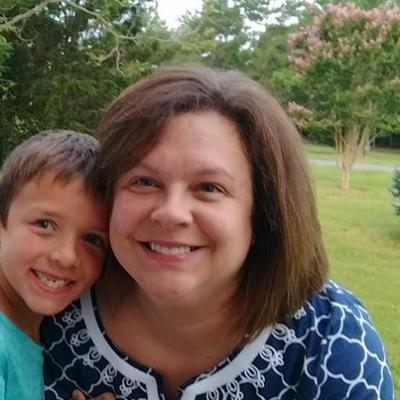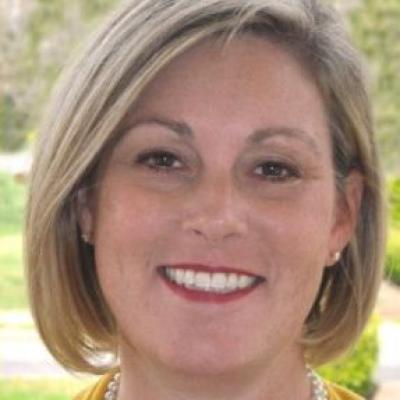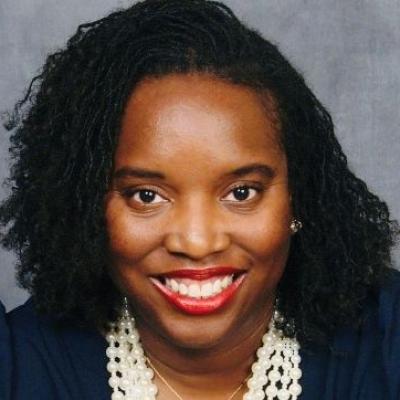
Health Sciences - General |
Bachelor of Science (B.S.) |
The Health Sciences Major prepares students for graduate work in health professions such as Nursing, Athletic Training, Physical Therapy, Occupational Therapy, Genetic Counseling, Physician Assistant, Clinical Laboratory Sciences, Public Health, and others. Health Sciences majors take courses to prepare them for careers in health care from both the scientific and psychosocial perspectives. Required courses common to a majority of graduate programs are required for the major core, while elective courses are selected by the student based on their intended profession. Students are expected to take an active role in course selection and career planning due to the wide range of requirements for Health Sciences related graduate programs.
Students are active in planning their course selections and need to maintain the requirements for an internship opportunity within the Health Sciences program.
Non-Clinical Job Examples:
Medical and health services in hospitals, clinics and non-profits
Health education specialist
Medical equipment/pharmaceutical sales representative
Community health specialist
Graduate or professional school programs
Occupational therapist
Physical therapist
Prosthetics-orthotics specialist
Public Health
Speech-language pathologist
Pharmacist
Dentist
Audiologist
Physician Assistant
Chiropractor
Fast Facts
- Health science has more than 20 major fields of study that range from lab research, global health, maternal & child health to the diversity of environmental and behavioral health. Moreover, they can also serve in administrative roles in non-profits, large health care systems & governmental health agencies.
- Public health careers are growing from 8-15% in such areas as: health education, community health, epidemiology & environmental specialist. Salaries range from $40,000 to over $100,000 (Bureau of Labor Statistics, 2018).
- Both Athletic Trainers & Occupational Therapists require a master’s degree, while Physical Therapists are now required to earn a doctoral degree to enter into practice, and all require certification exams in their specialties.
- Healthcare occupations are projected to add more jobs than any of the other occupational groups. According to the Bureau of Labor and Statistics, employment in healthcare occupations are projected to grow 15 percent from 2019 to 2029, much faster than the average for all occupations, adding about 2.4 million new jobs.
- The American Board of Physical Therapy Specialties offers board-certification in ten specialty areas of physical therapy: Cardiovascular and Pulmonary, Clinical Electrophysiology, Geriatrics, Neurology, Oncology, Orthopaedics, Pediatrics, Sports, Women's Health, and Wound Management.
Explore Experiental Major Map
 Use this map to help plan and guide your experience at Limestone. Each student’s experience is unique so please keep in mind the activities outlined in this map are suggestions and can be tailored to you! Always consult with your advisors whenever possible for new opportunities and updates.
Use this map to help plan and guide your experience at Limestone. Each student’s experience is unique so please keep in mind the activities outlined in this map are suggestions and can be tailored to you! Always consult with your advisors whenever possible for new opportunities and updates.
Course Requirements
Requirement Notes
- Limestone's required Competency & General Education courses
- A total of 120 credit hours
- The required courses listed below (39 credit hours)
- Additional Biology course (BI101 or 110) (Note: some graduate programs may require BI102) (4 credit hours)
- A Chemistry course (CH105 or 110) with a lab (Note: some graduate programs may require 8 hours) (4 credit hours)
- Choose 1: BI 302, KI 301, NU 201, HS 490 - 3 credit hours
- Choose 1: BI 108, BI 307, BI 406 - 4 credit hours
- Choose 1: HC 310 or HC 311 - 3 credit hours
- Choose 1: PS 306, SW 205, HS 310 - 3 credit hour
* This major includes one AWE course (3 credit hours)











